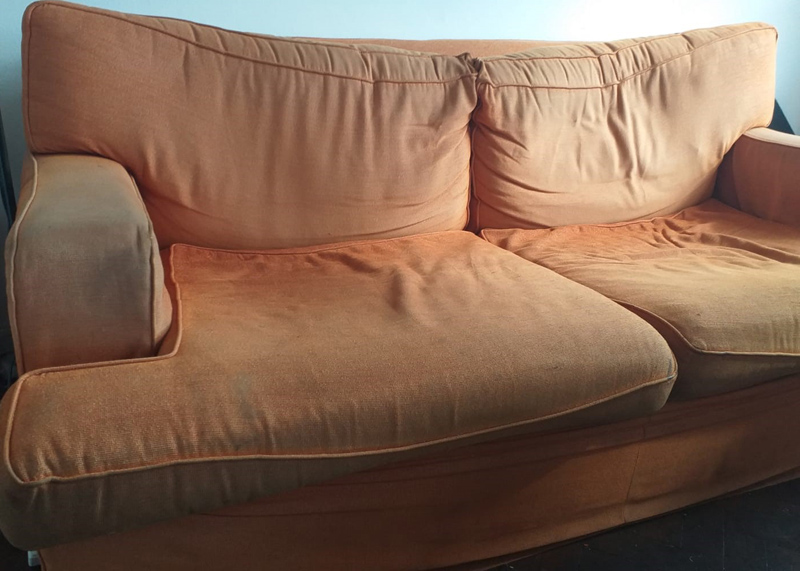After an investigation found large levels of persistent organic pollutants (POPs) in seating textiles and foams, the Environment Agency has warned councils that they must incinerate all upholstered waste domestic seating (see letsrecycle.com story).
There is little time to put the guidance into practice, as the Agency says it will undertake an assessment of compliance “across the sector” from January 2023.
The ESA, the trade association representing the private waste sector, has written to Chris Preston, deputy director of Defra, and Georgina Collins, director of regulated industry at the Agency, expressing concerns about the “rapid and fundamental” nature of the changes.
Specifically, the ESA’s executive director, Jacob Hayler, says there are currently “very few” energy from waste (EfW) facilities with the dust abatement techniques required by the guidance.
As such, Mr Hayler called for consideration of “regulatory pragmatism as well as suitable transitional arrangements”.
He claims it is “vital” that the Agency and Defra consider providing a derogation for at least 12 months to some aspects of the guidance in relation to dust abatement at shredding facilities.
The ESA said it was “happy” to meet Mr Preston and Ms Collins to discuss their concerns and their proposed strategy for managing them.
The local government sector is expected to provide its own perspective on the topic later this week. Some local authority groups have already called for delays to the enforcement of regulations (see letsrecycle.com story).
Derogation
In his letter, Mr Hayler says many EfW facilities require a “large capital investment” and an environmental permit or a variation to their existing permits to operate compliantly.

He notes that Environment Agency permitting timescales are now “often in excess of 12 months”, which, he says, “is itself setting the minimum realistic timeframe to commence such operations.”
Of the potential 12-month derogation, Mr Hayler said: “Such an approach would provide an appropriate, risk-based, transitional solution and would avoid the possibility of generating an ‘orphan waste’ or indeed ‘sofa mountains’.
“Without such derogation we are concerned that in the short- to medium-term many operators will have no alternative to either refusing to accept this waste stream or having to stockpiling it whilst suitable outlets are found.
“Unfortunately, there is limited spare capacity to store this waste material at existing permitted sites.”
Issues
Within the letter, Mr Hayler lists a number of additional issues he says a 12-month derogation would address.
Unfortunately, there is limited spare capacity to store this waste material at existing permitted sites
- Jacob Hayler, executive director of the ESA
Firstly, he says there are “strong concerns” that the requirement to specify POPs contamination on export documentation could have a “significant impact” on whether receiving countries continue to be willing to accept this waste.
The Environment Agency guidance does not allow the mixing of POPs-contaminated domestic seating with other wastes, except in “limited circumstances”. It is possible, Mr Hayler says, that the requirements to segregate in this way will not be possible at all household waste recycling centres or that “it will displace existing capacity to accept certain waste streams for recycling”.
Mr Hayler also urged government to consider options for developing extended producer responsibility for this waste stream and other future waste streams identified as POPS-contaminated.
Communication
Elsewhere, the ESA is concerned that “there does not yet appear to have been wider communication of this issue or the requirements”, for example to commercial waste collection operators, transfer station operators and registered waste carriers.
Mr Hayler says a “significant part” of the sector responsible for handling soft furnishings are not yet aware of their responsibilities.












Subscribe for free